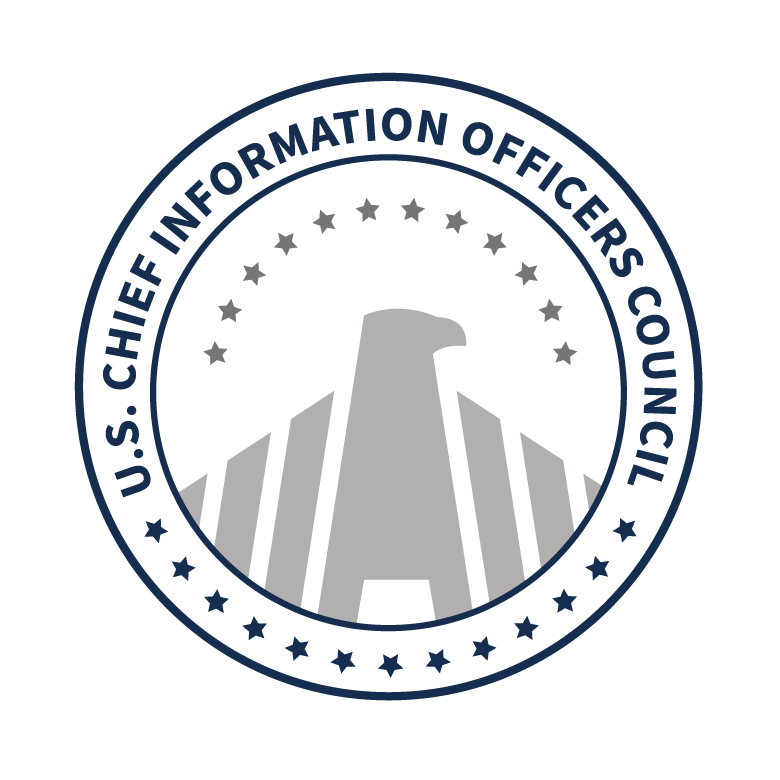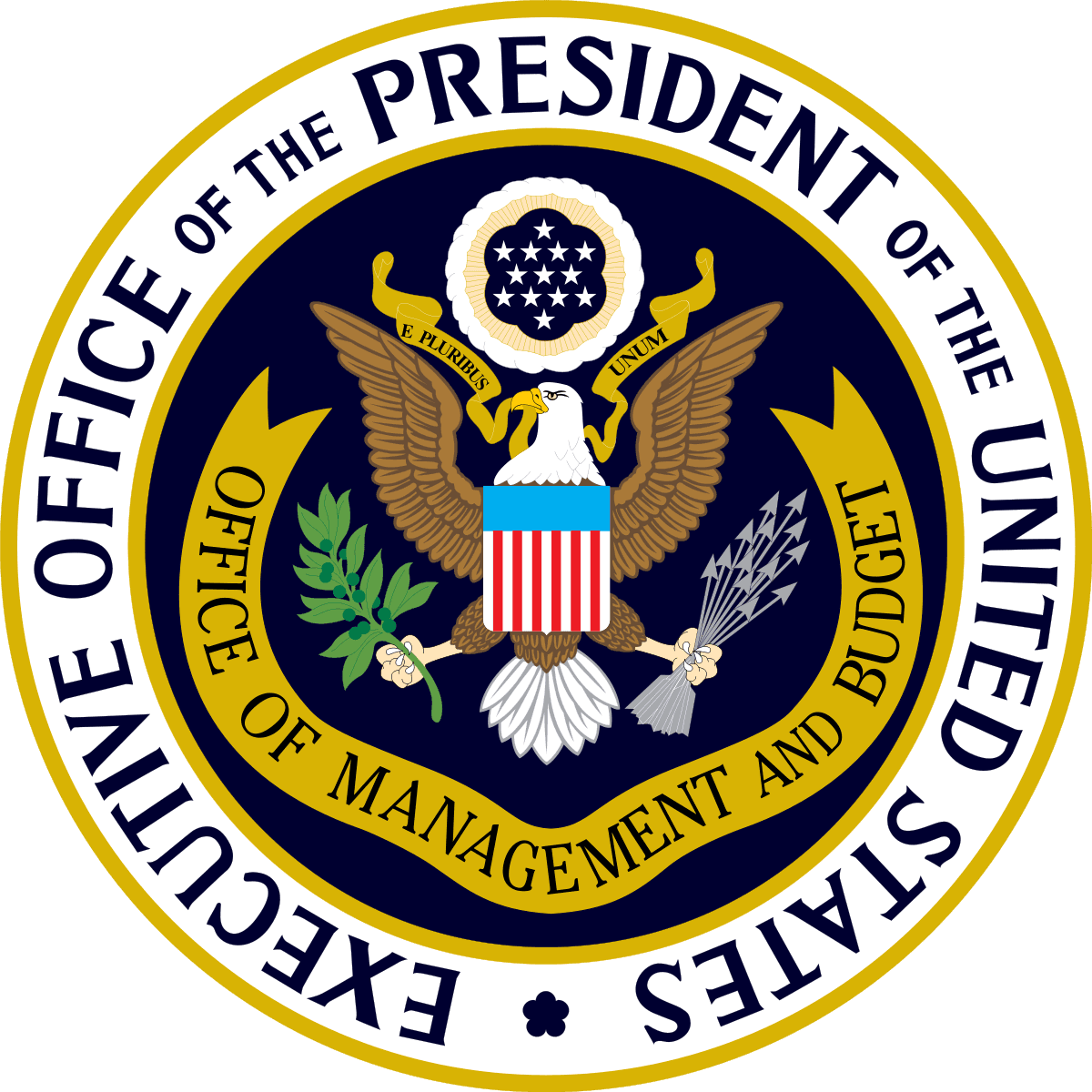Americans are spending more time online than ever before. As more people use the Internet for online shopping, banking, financial management, and socializing, they also expose themselves to increased cyber risks. Online threats and cyber-attacks threaten the future of our national and economic security. Because cybersecurity is important to our Nation, the Federal Chief Information Officers (CIO) Council and the Federal Chief Information Security Officers (CISO) Council are joining with the Department of Homeland Security to raise cybersecurity awareness across the Nation during National Cybersecurity Awareness Month this October.
This year, National Cybersecurity Awareness Month (NCSAM) commemorates 15 years as an annual initiative to raise awareness about the importance of cybersecurity. NCSAM 2018 is a collaborative effort between government and industry to ensure every American has the resources they need to stay safer and more secure online, while increasing the resiliency of the Nation during cyber-threats.
Follow the Federal CIO Council’s campaign on Twitter @ciodotgov as we share tips, best practices, priorities and other insights from council members.
DHS’s efforts this October will promote and emphasize several Key Messages, tied together by one overarching theme for the month: Cybersecurity is Our Shared Responsibility and We All Must Work Together to Improve our Nation’s Cybersecurity. Cybersecurity is not just the responsibility of governments, companies, groups, or individuals. Everyone shares the responsibility for cybersecurity – from the average smartphone user to a corporate CEO. This October, and every day, follow these simple online safety tips from the DHS STOP. THINK. CONNECT.™ Campaign:
- Enable stronger authentication. Always enable stronger authentication for an extra layer of security beyond the password that is available on most major email, social media and financial accounts. Stronger authentication (e.g., multi-factor authentication that can use a one-time code texted to a mobile device) helps verify that a user has authorized access to an online account. For more information about authentication, visit the Lock Down Your Login Campaign at www.lockdownyourlogin.org.
- Make your passwords long & strong. Use complex passwords with a combination of numbers, symbols, and letters. Use unique passwords for different accounts. Change your passwords regularly, especially if you believe they have been compromised.
- Keep a clean machine. Update the security software, operating system, and web browser on all of your Internet-connected devices. Keeping your security software up to date will prevent attackers from taking advantage of known vulnerabilities.
- When in doubt, throw it out. Links in email and online posts are often the way cyber criminals compromise your computer. If it looks suspicious (even if you know the source), delete it.
- Share with care. Limit the amount of personal information you share online and use privacy settings to avoid sharing information widely.
- Secure your Wi-Fi network. Your home’s wireless router is the primary entrance for cybercriminals to access all of your connected devices. Secure your Wi-Fi network, and your digital devices, by changing the factory-set default password and username.
Learn more about National Cybersecurity Awareness Month and how to protect yourself from threats online at www.dhs.gov/ncsam.



